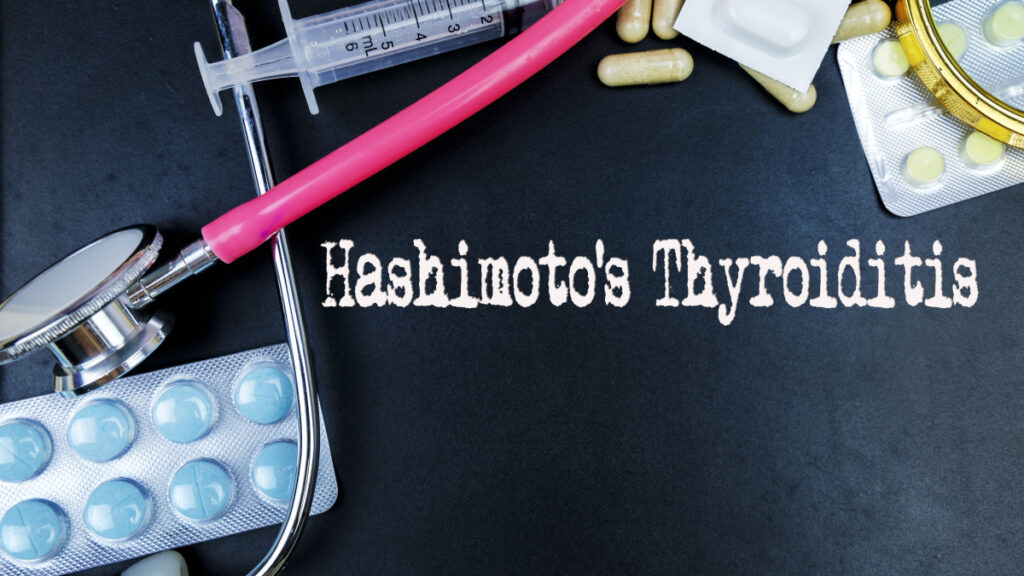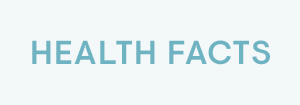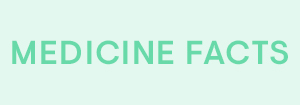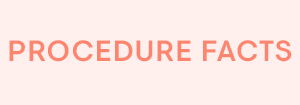
OVERVIEW
Hashimoto’s thyroiditis (or Hashimoto’s disease) is a form of thyroiditis (thyroid gland inflammation) that causes hypothyroidism. Hashimoto’s thyroiditis is an autoimmune condition where antibodies attack the cells of the thyroid gland. This attack makes the thyroid gland reduce hormonal secretion and be less reactive.
Hashimoto’s thyroiditis, also chronic lymphocytic or autoimmune thyroiditis, is the most common cause of hypothyroidism in places with sufficient iodine. It damages the thyroid, leading to thyroid failure. It is common among middle-aged individuals.
Hashimoto’s thyroiditis does not have a cure. It resolves by replenishing the levels of thyroid hormones.
KEY FACTS
- Hashimoto’s thyroiditis is an autoimmune disease that destroys the thyroid gland causing hypothyroidism.
- Goitre is a significant sign in patients with Hashimoto’s thyroiditis. It is a painless swelling of the thyroid gland seen as a mass in the neck.
- Hashimoto’s thyroiditis symptoms are not specific. Anyone who observes signs must see a doctor for proper diagnosis and treatment.
- Levothyroxine, a homologue of endogenous thyroxine (T4), is the drug for treating Hashimoto’s thyroiditis.
SYMPTOMS
Hashimoto’s thyroiditis progresses and worsens over time; it could take years. At the early stage, symptoms are not apparent. Over time, the individual presents with symptoms.
Hashimoto’s thyroiditis symptoms are typical of hypothyroidism. They include:
- Fatigue
- Increase in weight
- Excessive sleep
- Pain in the joints
- Constantly feeling cold (cold intolerance)
- Constipation
- Muscle weakness, pain, and stiffness
- Irregular menstrual cycle
- Increased forgetfulness
- Depression
DIAGNOSIS
Hashimoto’s thyroiditis symptoms are present in any disease that causes hypothyroidism and several other conditions. Because it is difficult to identify quickly, an individual needs to consult a doctor immediately after noticing symptoms.
The doctor will use the following tools to diagnose the disease:
- Good history taking: The doctor will ask about symptoms and the patient’s family history. Physical examination is part of a good history, so the doctor will also examine the neck and other details to help him arrive at a diagnosis.
- Test for thyroid hormones: Thyroxine (T4) and triiodothyronine (T3) are the main hormones of the thyroid gland. A blood test ascertains their levels in the blood. If their stores deplete, it indicates hypothyroidism.
- Blood test for stimulating Thyroid Hormone (TSH): TSH is a hormone secreted by the anterior pituitary gland. It enables the thyroid gland to release thyroid hormones. In Hashimoto’s disease, TSH levels in the blood increase, whereas thyroid hormones decrease.
- Blood test for thyroid peroxidase antibody (TPO): TPO is the antibody seen in people with Hashimoto’s thyroiditis. In a few persons, this antibody might not be present.
- Ultrasound of the thyroid: If the doctor does not see thyroid peroxidase antibody in an individual he suspects has Hashimoto’s disease, he may ask for a thyroid ultrasound that will reveal the thyroid size and other features to enable him to arrive at a definitive diagnosis.
PATHOGENESIS
The thyroid gland is butterfly-shaped in the neck. It produces hormones that help in body metabolism.
In Hashimoto’s disease, the immune system fails to identify the thyroid gland as part of the body. The immune system produces antibodies that attack the thyroid gland the way they attack bacteria and other foreign bodies. This attack on the thyroid reduces the number of hormones produced.
The antibodies target thyroglobulin and thyroxine peroxidase. The continuous attack by these antibodies leads to failure of the kidney.
CAUSES
It is still unclear what causes the body to produce antibodies that attack the thyroid gland. However, some factors are related to the disease and they include:
- Genetics: Studies have shown that people who have a family member that was diagnosed with thyroid disease most times come down with Hashimoto’s thyroiditis.
- Hormonal influence: Hashimoto’s thyroiditis occurs more in women than men. The increased incidence in women shows that the female sex hormone could have a causative role in Hashimoto’s disease.
- Viral infection: Viral infection, particularly Hepatitis C infection, causes Hashimoto’s thyroiditis.
- Radiation: People who got chemotherapy to treat Hodgkin’s lymphoma most times came down with Hashimoto’s disease later in life, which led to the belief that radiation exposure causes Hashimoto’s thyroiditis.
- Iodine overload: Too much iodine in the body, either from medication or any other source, can cause thyroid diseases, including Hashimoto’s disease.
RISK FACTORS
Some persons are more likely to develop Hashimoto’s thyroiditis than others because of certain risk factors. These risk factors include:
- Gender: Women are more susceptible to Hashimoto’s disease than men. It is 4 to 10 times more common in women than men.
- Age: Hashimoto’s thyroiditis commonly occurs in middle-aged persons.
- Presence of autoimmune disease: A person suffering from autoimmune diseases like type 1 diabetes, SLE and rheumatoid arthritis is more likely to come down with Hashimoto’s thyroiditis than others who don’t have any autoimmune disease.
- Pregnancy: Pregnant women at times develop Hashimoto’s disease after pregnancy. The reason is probably because of modifications in immune function during pregnancy.
PREVENTION
Hashimoto’s thyroiditis, like other autoimmune diseases, cannot be prevented. The reason why antibodies attack the thyroid is unknown, making prevention impossible.
TREATMENTS
The doctor decides the measure they will use to treat Hashimoto’s thyroiditis depending on the patient’s presenting symptoms and biodata.
Levothyroxine is the drug of the choice drug in the treatment of Hashimoto’s thyroiditis. Levothyroxine is similar to the T4 hormone (Thyroxine) of the thyroid gland. Levothyroxine replenishes thyroid hormones to re-establish body metabolism.
Doctors prescribe the drug as a pill, liquid, or soft gel. Levothyroxine is best taken shortly before a meal to prevent drug-food interaction.
Medication will alleviate symptoms and reduce small goitres. Large goitres may require surgery to remove them.
In other cases where hypothyroidism is not apparent, the doctor will monitor symptoms and hormone levels as the management plan.
COMPLICATIONS
If Hashimoto’s disease progresses without proper treatment, complications will arise. These complications include:
- Goitre: Goitre is an increase in the size of the thyroid gland. It presents as an anterior neck mass. The mass is usually painless but could affect speech and breathing.
- Heart diseases: Hypothyroidism in Hashimoto’s thyroiditis makes the heart malfunction. If hypothyroidism persists, heart failure results.
- Depression: The mental health of patients with Hashimoto’s disease usually deteriorates. Depression sets in and worsens as the disease progresses.
CONCLUSION
Hashimoto’s thyroiditis is an autoimmune condition that causes thyroid function to decrease, causing thyroid failure.
The thyroid gland usually increases evidently in size, a condition is known as goitre. This increase in size occurs over time as a result of prolonged hypothyroidism.
Hashimoto’s disease symptoms are not specific to the disease. Anyone at risk or with disease symptoms should consult a doctor immediately.
MOST COMMON






